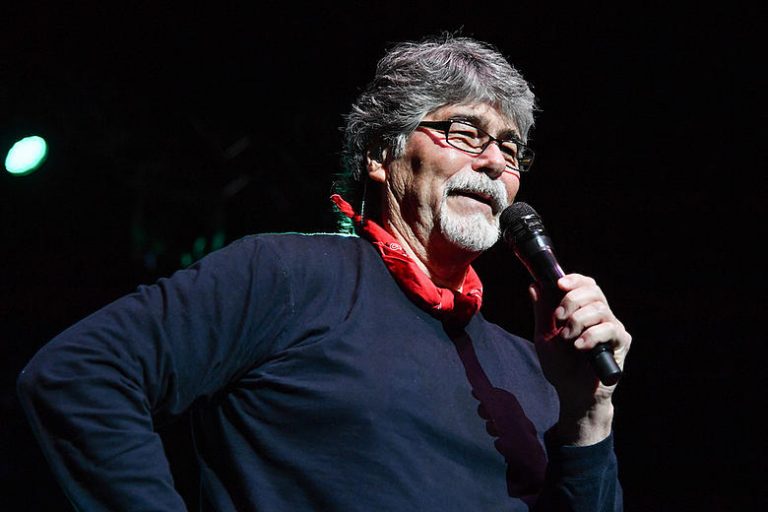At 74, Randy Owen still hears his mother’s voice — not on a record, but in his heart. She was never famous or featured in headlines, yet her quiet influence shaped one of country music’s most beloved voices. In their small farmhouse outside Fort Payne, Alabama, surrounded by the scent of cornbread and the hum of an old radio, she gave him something more valuable than fame: the belief that music only matters when it comes from the heart.
Life on the family farm was simple and often tough. There was no glamour — just long days, hard work, and faith. But through it all, Randy’s mother filled the home with music. She sang while cooking, hummed while ironing, and soothed restless nights with soft lullabies.
“She didn’t just teach me how to sing,” Randy once said. “She taught me why to sing.”
That lesson became his foundation. To her, music wasn’t about performing — it was about feeling. Every song had to be honest. That idea stayed with Randy as Alabama rose from small-town bars to international fame in the late 1970s and 1980s. His warm, heartfelt voice became the band’s signature in hits like “Feels So Right,” “Love in the First Degree,” and “Mountain Music.” Fans didn’t just listen — they connected.
Even at the height of success, Randy never forgot where it all began. Before every show, he could still hear his mother’s gentle reminder: “If it isn’t honest, it isn’t worth singing.”
On Sunday afternoons, she’d lead their family in gospel songs, her voice steady even when times were hard. From her, Randy learned that music isn’t about escaping life’s struggles — it’s about getting through them with grace.
“She taught me how to mean it,” he once reflected. “And that’s something I’ve carried my whole life.”

